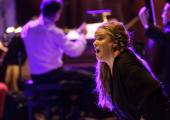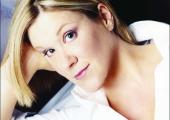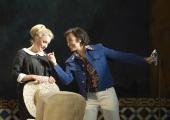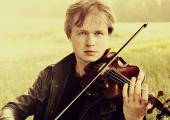Zazà, BBCSO, Benini, Barbican
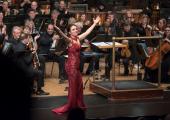
A diva in full spate captures the true Italianate thrill of Leoncavallo's thoughtful curiosity
Send in the clowns, as they sing in this palace-of-varieties first act, not for Pagliacci, Leoncavallo’s sole foothold on today’s operatic repertoire, but for the fool-for-love heroine of a sparkling, swooning rarity. Musically, Zazà is a notch above Mascagni and Giordano for orchestral delights, just below supreme genius Puccini, but its admittedly thinly-spread plot ends by being rather remarkable.

